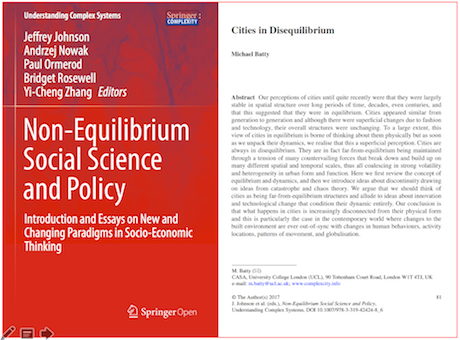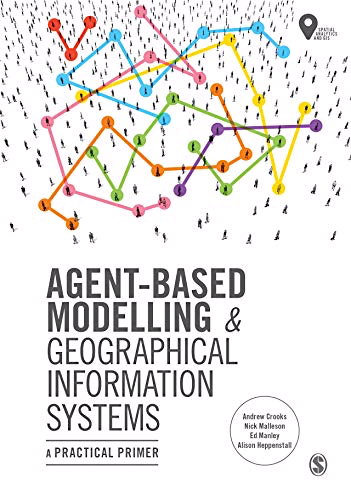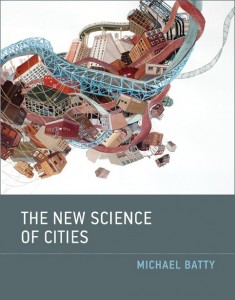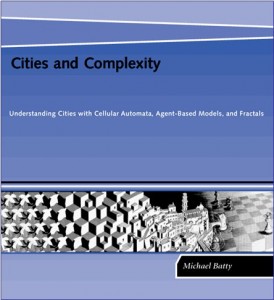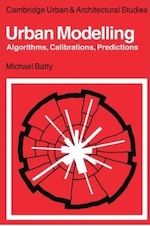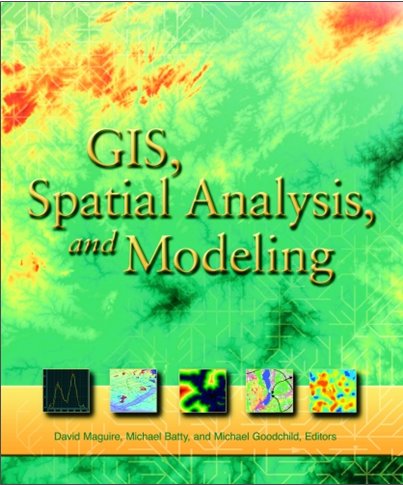This great book edited by Jeffrey Johnson, Paul Ormerod, Bridget Rosewell, Andrzej Nowak, and Yi-Cheng Zhang brings together many contributions from an EU project which lead to several workshops and conferences about a new form of social science – out of equilibrium, far from equilibrium, in disequilibrium as the world always is. The book is open access and you can download it here.
Here is an explanation of what is contained within. Between 2011 and 2014 the European Non-Equilibrium Social Science Project (NESS) investigated the place of equilibrium in the social sciences and policy. Orthodox economics is based on an equilibrium view of how the economy functions and does not offer a complete description of how the world operates. However, mainstream economics is not an empty box. Its fundamental insight, that people respond to incentives, may be the only universal law of behaviour in the social sciences. Only economics has used equilibrium as a primary driver of system behaviour, but economics has become much more empirical at the microlevel over the past two decades. This is due to two factors: advances in statistical theory enabling better estimates of policy consequences at the microlevel, and the rise of behavioural economics which looks at how people, firms and governments really do behave in practice. In this context, this chapter briefly reviews the contributions of this book across the social sciences and ends with a discussion of the research themes that act as a roadmap for further research. These include: realistic models of agent behaviour; multilevel systems; policy informatics; narratives and decision making under uncertainty; and validation of agent-based complex systems models.
Here is my own chapter for your interest which is entitled Cities in Disequilibrium

